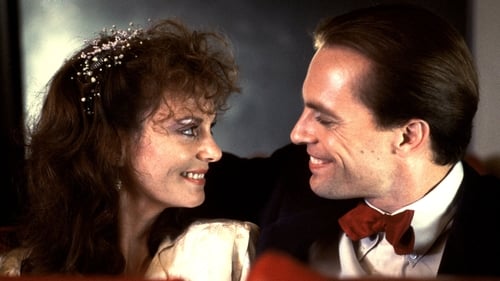
Self - Artist
A remarkable walk through the life and work of the French artist Marcel Duchamp (1887-1968), one of the most important creators of the 20th century, revolutionary of arts, aesthetics and pop culture.

Self
A series of interviews with artists, photographers and Factory superstars who worked and socialized with Andy Warhol.

Self
A documentary chronicling the filmmaking career of Dennis Hopper.

Himself
Pierre Bismuth hires a private detective and a duo of screenwriters to investigate on an enigmatic artwork.

Self
The inevitable fat cigar between his fingers, the American actor, director and fine artist Dennis Hopper (1936) self-mockingly looks back on his chequered life and career, at the request of Dutch director, photographer and fine artist Thom Hoffman. The latter sifted through the turbulent life story of Hopper, who is primarily known from the cult film Easy Rider (1969). Hopper went through as many high as low points. In conveniently arranged chapters, Hoffman shows the decisive moments in Hopper's life and asks colleagues like Wim Wenders, David Lynch, Sean Penn and Julian Schnabel to comment on them. The documentary is richly illustrated with film excerpts, photos, newspaper articles and anecdotes. The main reason for this film was the retrospective of Dennis Hopper's art work in the Amsterdam Stedelijk Museum in 2001.

Ralph Chomsky
Several lost-soul night-owls, including a nightclub owner, a talkback radio relationships counseller, and an itinerant stranger have encounters that expose their contradictions and anxieties about love and acceptance.

Director
Los Angeles-based artist Ed Ruscha’s 1975 short film Miracle centers on a day in the life of an auto mechanic (played by artist Jim Ganzer), who has a transformative experience while working on the engine of a Ford Mustang. Actress and singer Michelle Phillips of the Mamas and the Papas plays his love interest. Since the 1960s, Ruscha has received extensive critical acclaim for his paintings, photographs, drawings, and books exploring the commercial vernacular of Los Angeles—its graphic signage, architecture, and even parking lots. In effect, his work subtly comments on America’s cultural and socioeconomic evolution in the twentieth and twenty-first centuries. Miracle is one of only two films made by the artist in the 1970s. – Contemporary Art Museum St. Louis by Kelly Shindler, Associate Curator

Himself
In this 1972 BBC Films production, architectural historian Reyner Banham takes the viewer on a tour of what he describes as the “four ecologies” of the city of Los Angeles: Surfurbia, Foothills, The Plains of Id, and Autopia (beach, basin, foothills, freeways). Noted for his seminal book of essays, Los Angeles: The Architecture of Four Ecologies, published the year before, Banham had a love affair with the City of Angels and its bold typologies. (Open Source Cities)

Director
A man enjoys the salad days.

Director
This rare foray into filmmaking by the iconic California visual artist opens with Mason Williams, the composer of "Classical Gas" solemnly making himself a drink on a hillside patio at dusk as if performing an incantation. Heavy reverb on the soundtrack amplifies every sound until he sits down to read through a stack of Ruscha's photography books, Twentysix Gas Stations, Some Los Angeles Apartments, Every Building on the Sunset Strip, etc. In an over-the-shoulder shot, we see each page of each book as Mason flips through them, briefly contemplating what he sees and reading any available text as a kind distanced recitation. Mason punctuates this seeming solemnity with moments of irreverence, manhandling, at times, these limited edition art objects as if they were toss away shopping catalogs as he presses on with his appointed task







